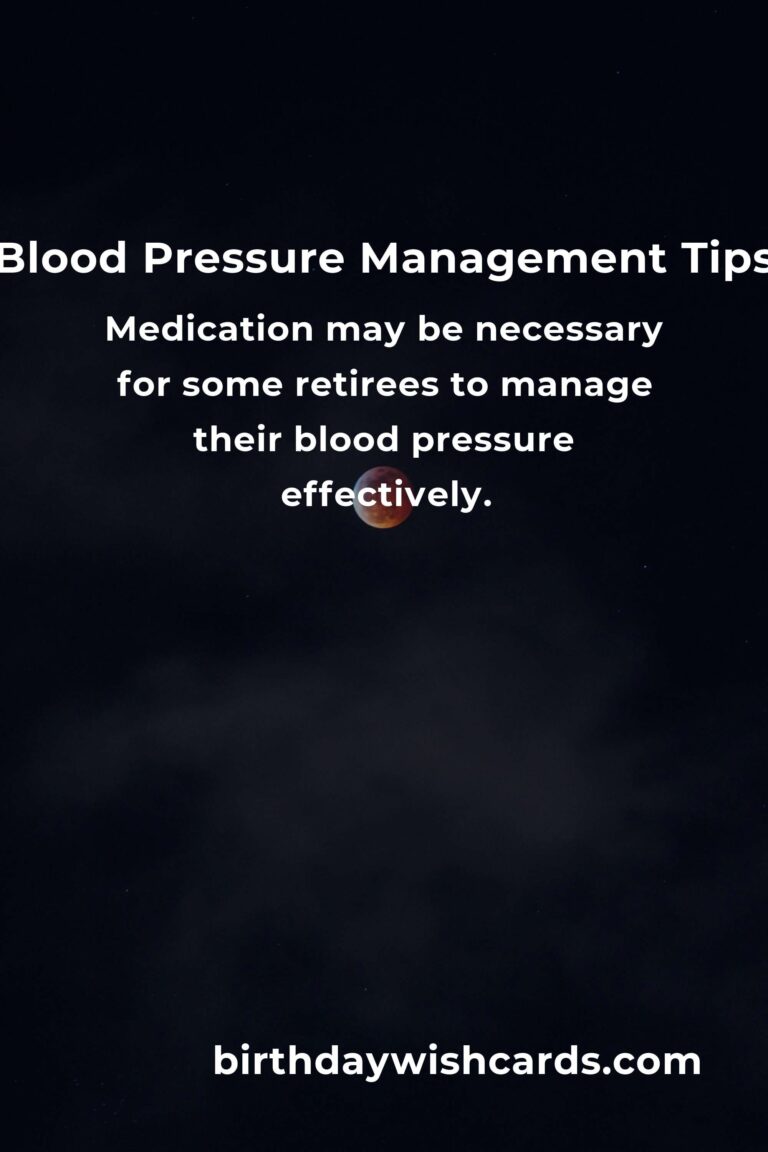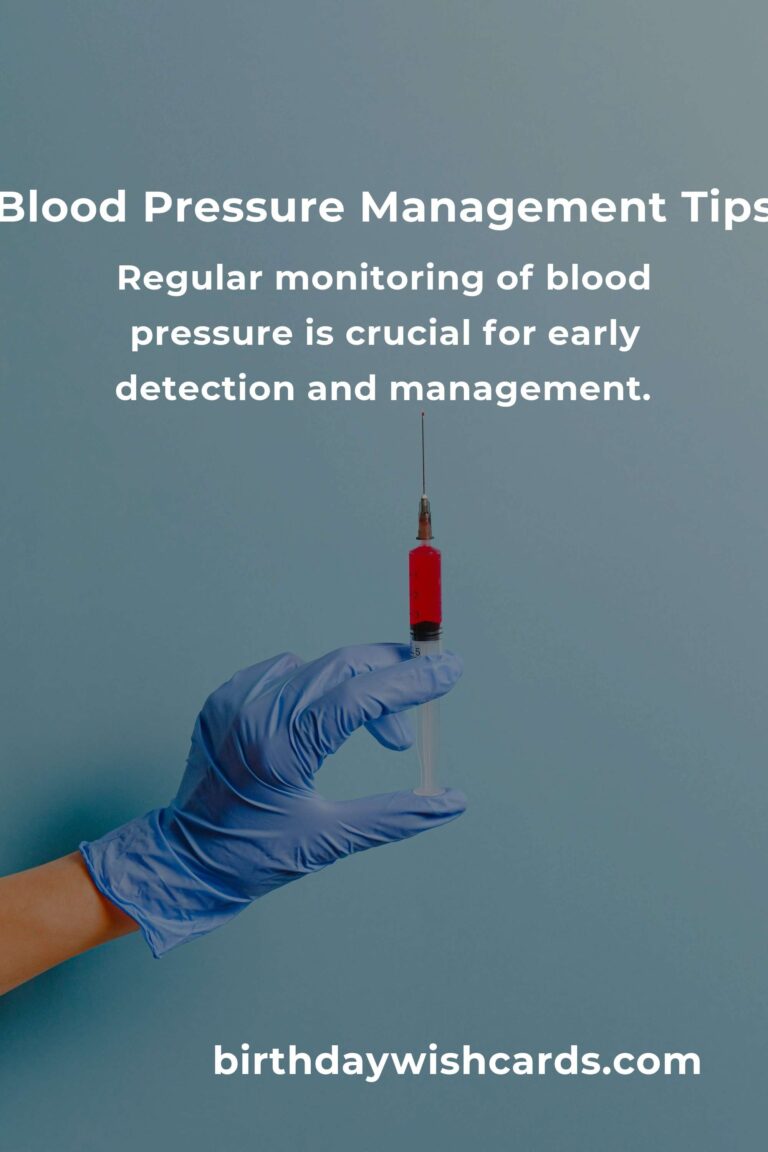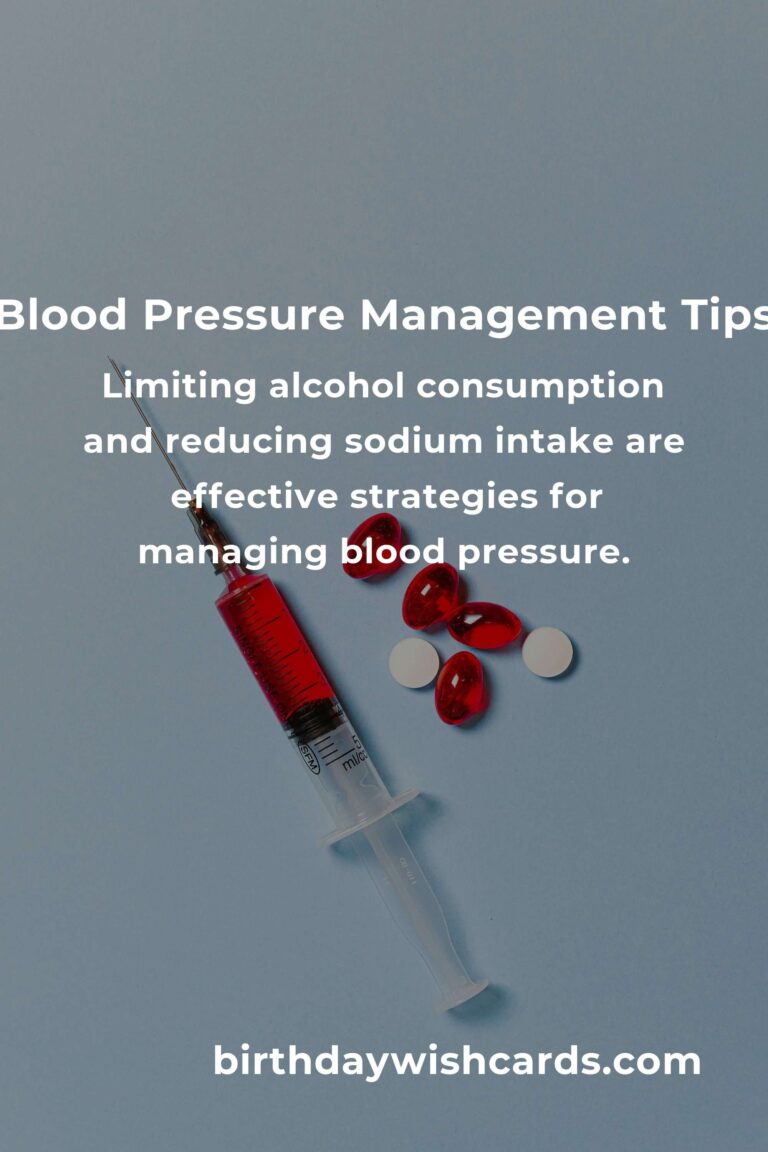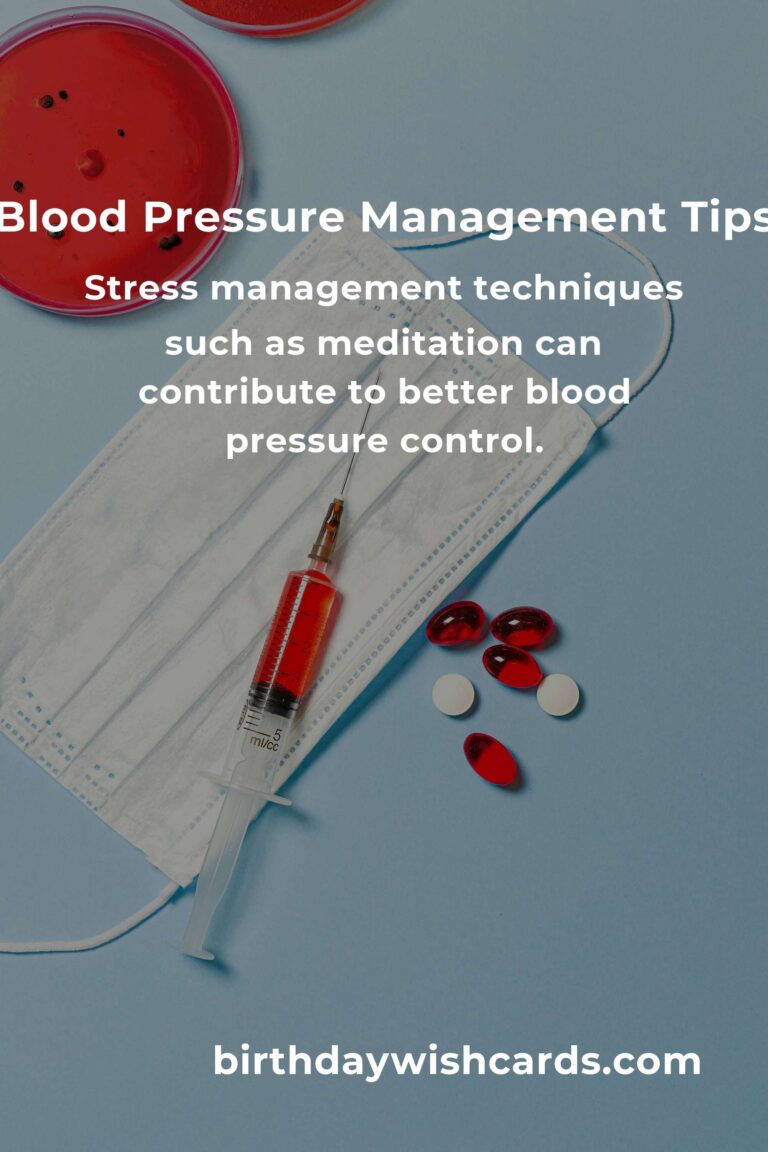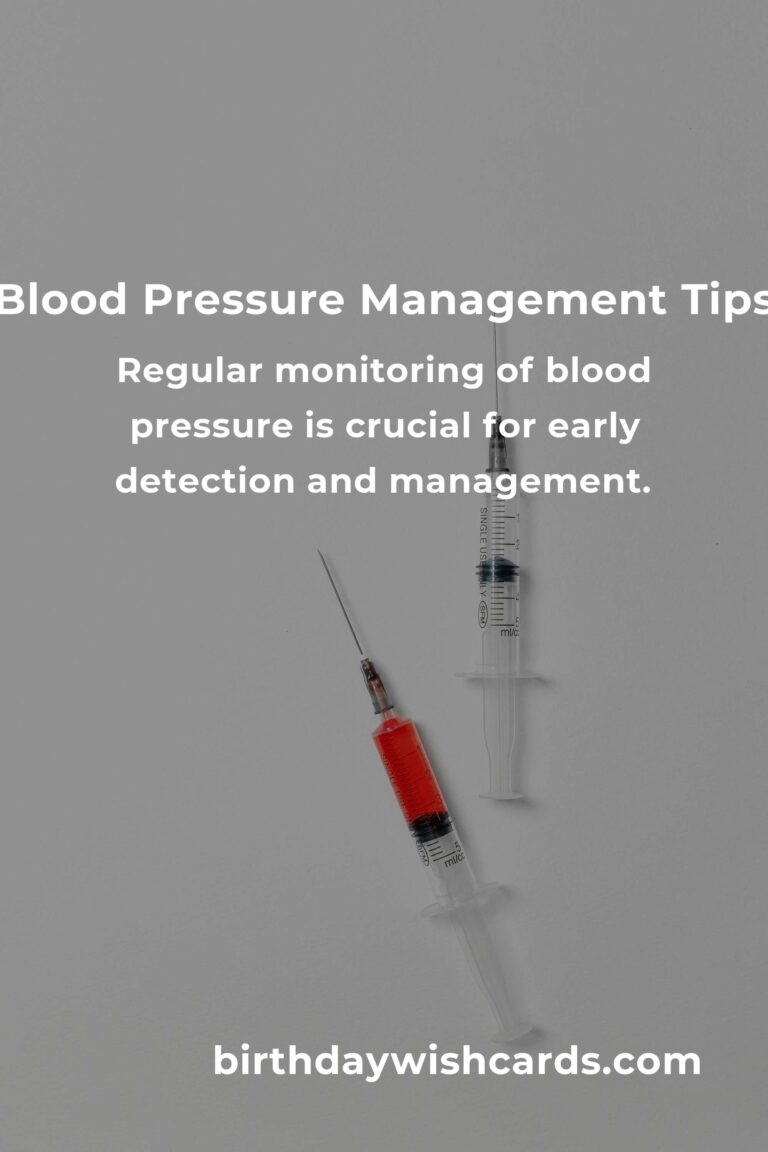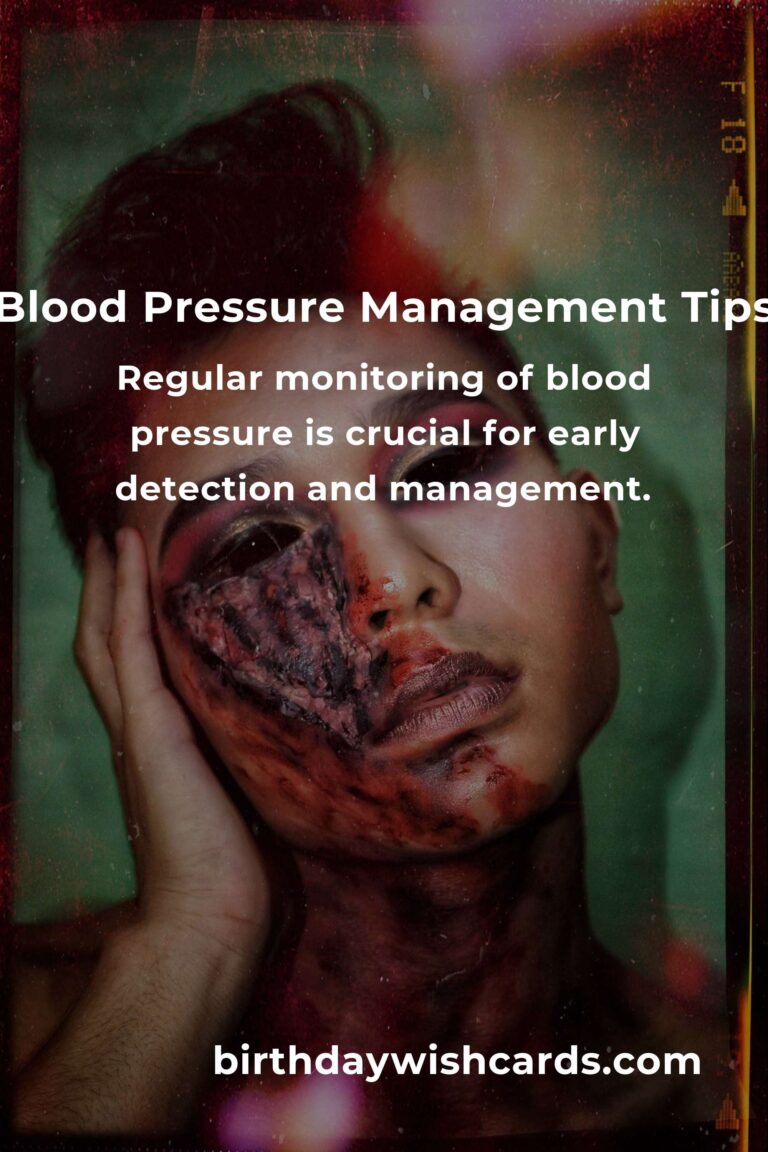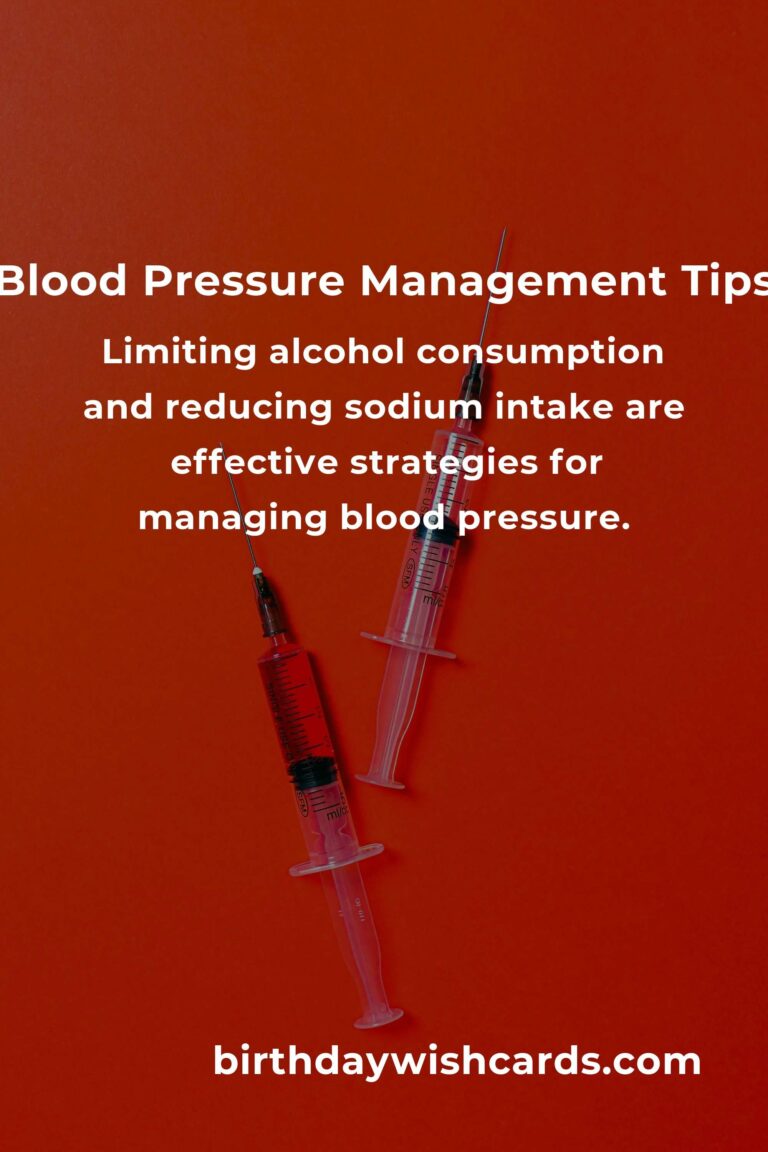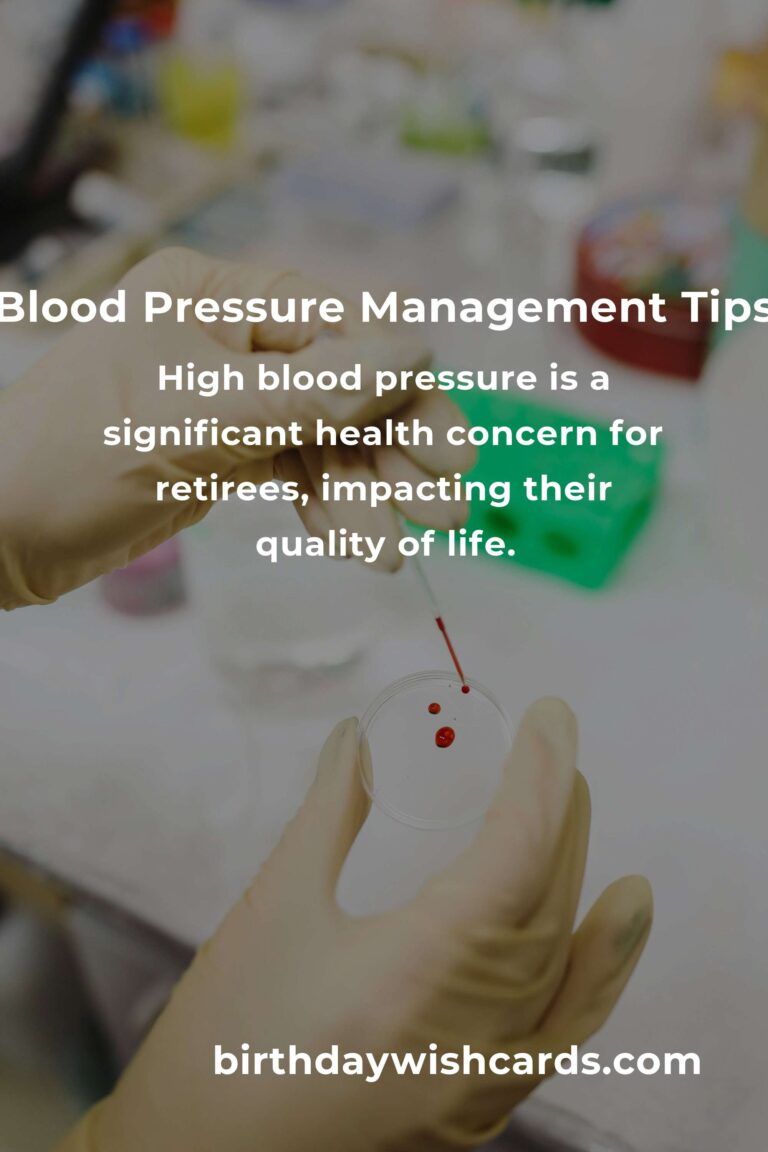
As we age, maintaining optimal health becomes increasingly important, especially when it comes to blood pressure. For retirees, managing blood pressure is not just about living longer, but also about enhancing the quality of life. High blood pressure, or hypertension, can lead to severe health complications such as heart disease, stroke, and kidney problems. This article explores various effective strategies to help retirees improve and maintain healthy blood pressure levels.
Understanding Blood Pressure
Blood pressure is the force of blood pushing against the walls of the arteries as the heart pumps. It’s measured in millimeters of mercury (mm Hg) and is recorded with two numbers: systolic and diastolic. The systolic number measures the pressure in the arteries when the heart beats, while the diastolic number measures the pressure in the arteries between beats. A normal blood pressure reading is usually around 120/80 mm Hg.
Importance of Monitoring Blood Pressure
Regular monitoring of blood pressure is crucial for retirees. It allows early detection of high blood pressure, helps track the effectiveness of lifestyle changes or medications, and reduces the risk of potential complications. Home blood pressure monitors are readily available and easy to use, providing retirees with a convenient way to keep track of their health.
Lifestyle Changes to Improve Blood Pressure
Implementing lifestyle changes is one of the most effective ways to manage blood pressure. Here are some strategies that retirees can adopt:
1. Adopt a Heart-Healthy Diet
Consuming a diet rich in fruits, vegetables, lean proteins, and whole grains can help lower blood pressure. The DASH (Dietary Approaches to Stop Hypertension) diet is specifically designed to combat high blood pressure and emphasizes the intake of potassium, calcium, and magnesium.
2. Maintain a Healthy Weight
Excess weight can increase the risk of developing high blood pressure. Retirees should aim to maintain a healthy weight through a balanced diet and regular physical activity.
3. Engage in Regular Physical Activity
Regular exercise, such as walking, swimming, or yoga, can significantly improve heart health and lower blood pressure. Retirees should aim for at least 150 minutes of moderate-intensity exercise each week.
4. Limit Alcohol Consumption
While moderate alcohol consumption can have some health benefits, excessive drinking can raise blood pressure. Retirees should limit their alcohol intake to moderate levels.
5. Reduce Sodium Intake
High sodium intake is a known contributor to high blood pressure. Retirees should aim to consume no more than 1,500 milligrams of sodium per day.
6. Manage Stress
Chronic stress can contribute to high blood pressure. Retirees can benefit from stress-reduction techniques such as meditation, deep breathing exercises, or tai chi.
Medication and Blood Pressure Management
For some retirees, lifestyle changes may not be sufficient to control blood pressure, and medication may be necessary. Healthcare providers can prescribe antihypertensive medications to help manage blood pressure effectively. It is important for retirees to adhere to their medication regimen and attend regular medical check-ups to monitor their condition.
Conclusion
Improving blood pressure is a vital aspect of maintaining health and well-being in retirement. By understanding the factors that influence blood pressure and implementing strategies such as a healthy diet, regular exercise, and stress management, retirees can significantly enhance their quality of life. Consulting with healthcare professionals and regular monitoring are also key components in managing blood pressure effectively.
High blood pressure is a significant health concern for retirees, impacting their quality of life.
Regular monitoring of blood pressure is crucial for early detection and management.
Adopting a heart-healthy diet and engaging in regular physical activity can help lower blood pressure.
Limiting alcohol consumption and reducing sodium intake are effective strategies for managing blood pressure.
Stress management techniques such as meditation can contribute to better blood pressure control.
Medication may be necessary for some retirees to manage their blood pressure effectively.
#BloodPressure #RetireeHealth #HealthyLifestyle #HeartHealth #Wellness


